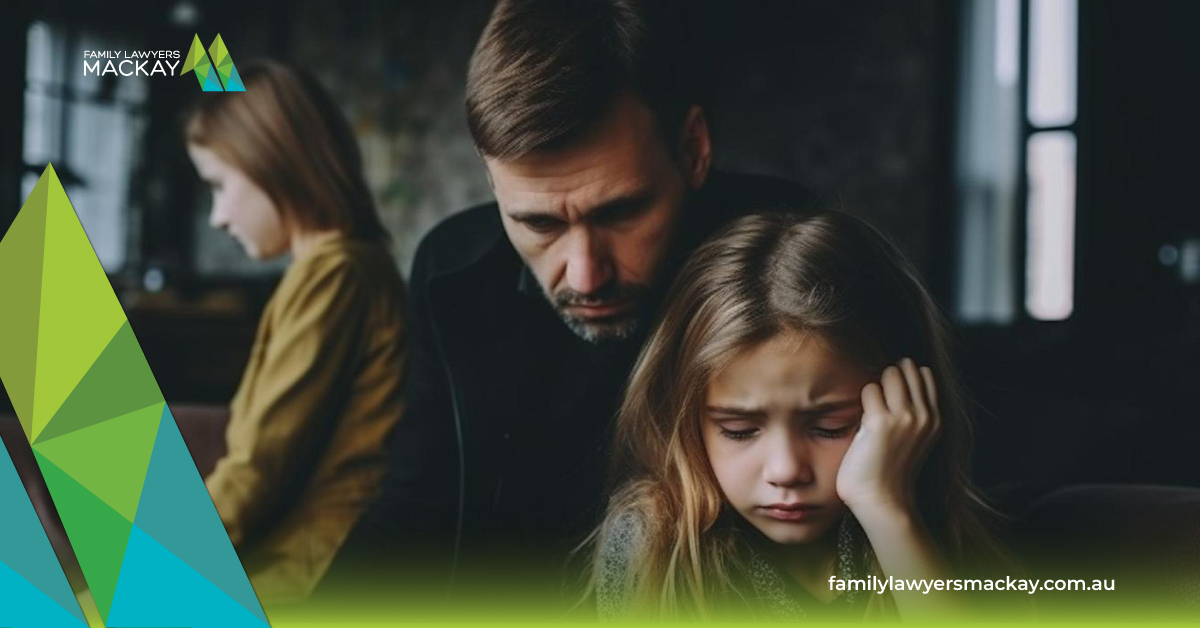Collaborative Family Law Practice is an innovative, collaborative, and friendly alternative dispute resolution method. A constantly changing society and is increasingly collaborative requires today more than ever professionals (lawyers, mediators, psychologists, financial advisers, coaches, etc.) who believe in collaborative practice to resolve conflicts. A divorce, a layoff, or a disagreement between partners does not have to be a war.
Family Lawyers Mackay, with this article, we come to carry out a brief analysis of what collaborative Law is, its benefits, and the role of collaborative practice law.
What is Collaborative Law & History?
Collaborative practice is still an innovative method in our country. In the 1980s in the United States by the hand of Stuart Webb, and a family lawyer fed up with verifying the high emotional cost of divorces in court. He decided to start working differently, constructively resolving conflicts, based on dialogue and cooperation. This was the germ, which was soon exported to other countries, of a mentality that leaves confrontation behind so that the parties take control of their conflict and be the real protagonists searching for solutions in those cases where the parties want to control their solution and times, such as in a family, labour, and commercial Law, among others.
Best Collaborative Partnership in the Family
The Collaborative Lawyer agrees with his Client to try to resolve the conflict collaboratively, working together with the other Lawyer, negotiating and going, when necessary, to professionals (mediators, psychologists, coaches, advisors, etc.) who can help better management of the conflict and, therefore, a comprehensive solution to it.
The agreement is not possible and contentious access to the courts is unavoidable; the participating Lawyer until the At that time, he would cease to function, and another lawyer would represent the Client unless a court decision where required, in which case the claim would also be made collaboratively (for example, in our case, when the mutual claim is filed agreement on divorce). This is what is called a limited representation clause.
ALWAYS KNOW YOUR RIGHTS AND KNOW WHERE YOU STAND
By consulting one of our accredited family law mackay specialists.This exclusion from judicial channels and withdrawal of the Collaborative Lawyer if the parties do not reach an agreement is based on three primary considerations.
On the one hand, it encourages both the parties and their lawyers to be more committed in their determination to comply with the Collaborative process completely. Second, for the legal profession, the focus of attention is on the collaborative agreement, eliminating any defence fee in court. Finally, the clause of the collaborative Lawyer’s withdrawal, if it does not reach an agreement, creates a climate of security based on trust that generates the conviction that the confidentiality of the information is going to be respected not only because it is one of the principles of the Collaborative Law. Who assumes the technical defence in the hypothetical trial, were not present during the collaborative process and, therefore, do not have the information shared in it. Likewise, this clause favours the legal profession’s specialization in the aggressive or/and collaborative style.
Roadmap of the use of Collaborative Practice Process
The reasons mentioned by the media as advantages for clients are exciting. These are, among others, the following:
- Participate in a constructive and non-destructive procedure in their relationship.
- They take back responsibility for their conflict.
- They retain control of how they resolve their conflict, which reduces uncertainty.
- They carry out the collaborative law procedure in a safe and pleasant environment, such as their lawyers ‘offices or others that the lawyers consider appropriate (for example, hotel rooms, mediators’ offices, etc.).
- They decide whether their children will participate in the procedure and the degree and manner of their involvement, taking part with the lawyers in the design of their participation. In this case, the children’s involvement will take place in a positive and pleasant environment chosen and prepared for this purpose.
- They get the establishment of closed fees for the entire procedure.
- They achieve confidentiality about the existence of the process and its results.
- They avoid the disadvantages of the process, among others, the destruction of relationships, the anguish due to the effects of the process on the children, the stress due to the uncertainty regarding the outcome, the discomfort of going to unpleasant or sordid environments such as the courts, as well as the exposure of the children to the judicial environment or publicity in the case of known persons.
- Avoid future conflicts or are reduced by establishing a solid foundation in conflict resolution.
In the Collaborative Process, in the first place, one must study the needs and interests that may have parties to find later the solutions that are most appropriate and satisfactory for them. It is a process in which the parties are the real protagonists searching for answers to their conflict, which is the essence and distinction of the collaborative process with other conflict resolution forms. The Parties undertake to act with transparency in the exchange of data and information necessary to seek solutions. They must also commit to respecting the confidentiality of the process and work with fairness and good faith.
Transparency, confidentiality, fairness, and good faith are the necessary premises to create a climate of trust where the parties can sit down to negotiate. With these premises, the bases are established to deal as a team between lawyers and clients, which provides the appropriate framework to seek creative solutions that will lead to reaching agreements where the parties’ interest prevails.
A Reflective Analysis of Interprofessional Collaborative Practice and Law
The Lawyer’s function will be to direct and advise his Client in this Collaborative Process.
Lawyers who act in Collaborative Processes must have professional training and specific preparation to serve in these processes that involve, in addition to the necessary legal knowledge, specialized training in techniques, and resources to adequately direct this unique form of Negotiation with interprofessional collaborative practice.
Lawyers who practice Collaborative Law must abide by the same ethical standards to guarantee a negotiation that respects the values that characterize Collaborative Law. Attorneys who participate in collaborative practices are more involved in finding solutions to the conflict. Taking care of the parties’ needs, it is convenient to have a multidisciplinary team that can contribute and helps solve technical aspects of the match or responds to questions that may arise. Thus, the collaboration of experts, economists, psychologists, mediators.
The main difference is that in the Mediation Process, the Mediator is a neutral professional, and the process focuses on conflict resolution. In the Collaborative Process, the lawyers involved are not impartial, they represent the respective parties, and the strategy focuses on the search for a sustainable agreement with the collaborative partnerships with families and communities.
The commitment to our clients to contribute and offer them the most appropriate formulas to solve their particular problems mean that, at Family Lawyers Mackay, we bet on alternative methods and systems for conflict resolution, such as Mediation and Collaborative Law.
ALWAYS KNOW YOUR RIGHTS AND KNOW WHERE YOU STAND
By consulting one of our accredited family law mackay specialists.Considering that in family collaborative partnership processes and legal problems, the management of emotions and personal relationships between the parties must be taken into account, Law and Collaborative Practice can be an adequate method to solve the conflict Between the parts. It must be assessed whether this method is the most appropriate solution for the party’s interests to be represented. Not in all cases, the use of collaborative practice will be the most suitable, and it should be assessed whether the Parties must sit down to negotiate to share the values of Collaborative Law.
Frequently Asked Questions
What is Collaborative Law?
- Collaborative Law is a new method of conflict resolution; families struggling with separation or breakdown need legal assistance to resolve their difficulties.
What can family law problems be solved by using the collaborative law process?
- Collaborative Law can be used to resolve all disputes relating to child custody, access rights, alimony, the fate of residences, the sharing of assets and debts, as well as all other questions relating to family life during a separation.
What happens if one of the spouses does not agree to disclose what he had promised in the participation contract?
- If a party refuses the disclosure of information deemed essential, the Lawyer must withdraw from the process to follow through on his commitment to the participation contract. This can become an issue that forces the parties to honour the process.
What are the costs?
- Each party pays their Lawyer at an hourly rate. The cost of the process will vary depending on the mandate’s complexity and the time required for discussions. Each party will discuss with their Lawyer the hourly rates and the time required.
Why choose Collaborative Law?
- Collaborative Law assures parties that their agreements have been created and thought out for their needs with legal counsel. The method employed respects each individual and ensures that the arrangements made are those sought for the best interests of each party, at a reasonable cost.














